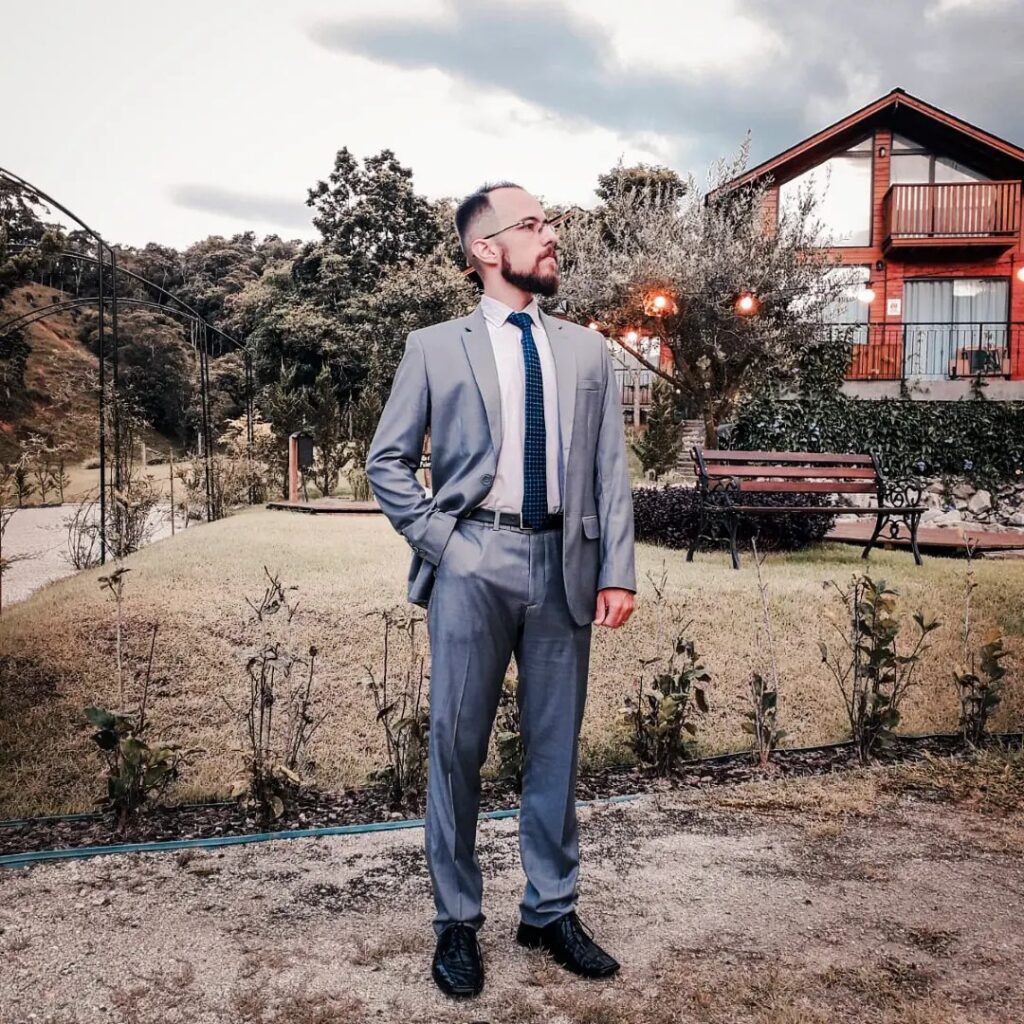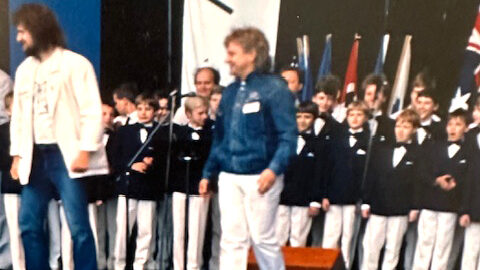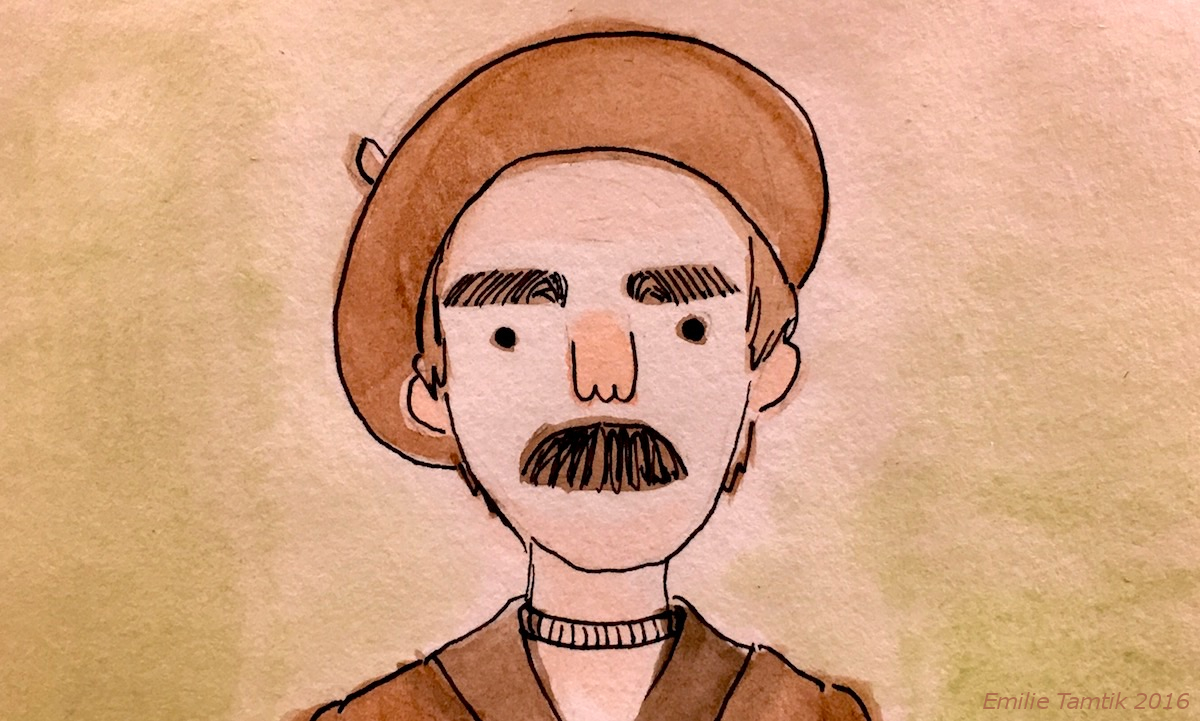
When on the white sands of a Swedish beach, in exile, far from the remote charms of her Kalevan or Lindanisa (the secret names of Tallinn, the “fortress”), with its immaculate halls and underground roads and its imposing castles and stone towers being desecrated by stars of blood and hymns of death, the poet Marie Under turned her eyes to a smoky southeast and composed verses in memory of her sad nation.
“The sheaves of rye are piled up.
Everyone is leaving.
The carriage roof is up.
The traveller behind
Just like the coachman ahead
He is thoughtful, silent.
No one lingers on the beach,
Not a single soul.
It’s better this way.
Just the stones and the water,
The only footprints created by my shoes.
The seagull calls.
It’s tough. And I know why.
The wind cuts through the water.
And the bee sucks from the last flower,
That sways in a crevice,
The last honey.
And so far away
Along the white beach
Until I suddenly see
At my lonely explorer feet
In the endless ocean.
Paralyzed like a stone.
And I stop, as if face to face with God”
(“Üksi merega”, “Alone With the Sea”)
Marie is the Maiden of the Isle who fell off a cliff into the sea and was forever lost to her parents, who mourned her. What has the Maiden seen in the sea?
“What beheld she in the ocean?
What beneath the sea was shining?
From the sea a sword shone golden”
(Kalevipoeg, o épico da Estônia. Kalevipoeg, the Estonian Epic, Canto IV.)
Memory is like a photograph that ages quickly. Contours fade, edges crumble, expressions are dehumanized, components distort. Not only does it age, but it also allows itself to be stained and deformed by storage with other photographs. Places and dates are confused, details and distinctions come together, colours and tones fade away. All that will remain is light and shadow, presence and absence, being and non-being, until the most complete emptiness arrives.
It is then that a struggle is fought by those who do not allow themselves to be overcome by the opacity of oblivion. They try to recover the colour, the details, the when, the who. They register the little they know and protect what they still have, so that in the end, their greatest victory consists, still, of an imperfect work.
Such is photography, such is the memory, such are the men, and such is myself. In my imperfection, all I wanted, since childhood, was to discover a memory that, even though devoid of image or sound, made me a foreigner, a nostalgic, without suspecting that I had lost any photographs or left any distant port, of another earth. I am referring to the former Absolute Pier, remembered by those full of an interior life in their hours of silence, as in Fernando Pessoa’s “Maritime Ode”:
“Oh, who knows, who knows,
If I didn’t leave before, before me,
From a pier; if I didn’t let it, ship in the sun,
Dawn oblique,
Another kind of harbour?”
And yet there was an image, an eidos, a pier, an arkhé. There was also an immemorial land of giants, children of the Gods, a cold breeze over green swamps, a white sun over endless fields, a whisper that comes from black woods, an old castle, a rock on the hill, a silver lake. North, always to the North, lies a silent land, of great oaks and ancient forests, held beneath a mighty sea which a medieval traveller called balticum, a belt that keeps it far from other heroic nations, from the other sons of Gods, from the other magical forests, as if the Earth itself feared that these giant children of Taara, the Sky of all colours, would take it by storm. Ah, the naive fear of the mothers of mountain titans, of the mothers of ice giants!
(to be continued)
About the author:
Born in São Paulo, Brazil in 1993, of Balto-Slavic origin, Jonas Otávio Bilda is a graduated Psychologist and Philosopher. He works as a free-thinking writer, translator, and proofreader.
He is the author of the books O Alvorecer das Artes do Ser (The Dawn of the Arts of Being, 2016), Cartas de um solícito acompanhante (Letters From a Solicitous Companion, 2018), A Civilização Eterna (The Eternal Civilization, 2020), O Livro de Veles (The Book of Veles, 2020), Kalevipoeg, o épico da Estônia (Kalevipoeg, the Estonian Epic, 2021), A Instrução de Amenemope (Instruction of Amenemope, 2021), Coreia, história e cultura da estrela do Oriente (Korea, History and Culture of the Star of the East, 2023). Bilda is also co-author and a pseudonymous author of more than ten other books, and a founding professor of the Curso de Filosofia Universal (Universal Philosophy Course).
Discover his work on his website BildaEscritor.com and on Instagram ( @jonasbilda ).



